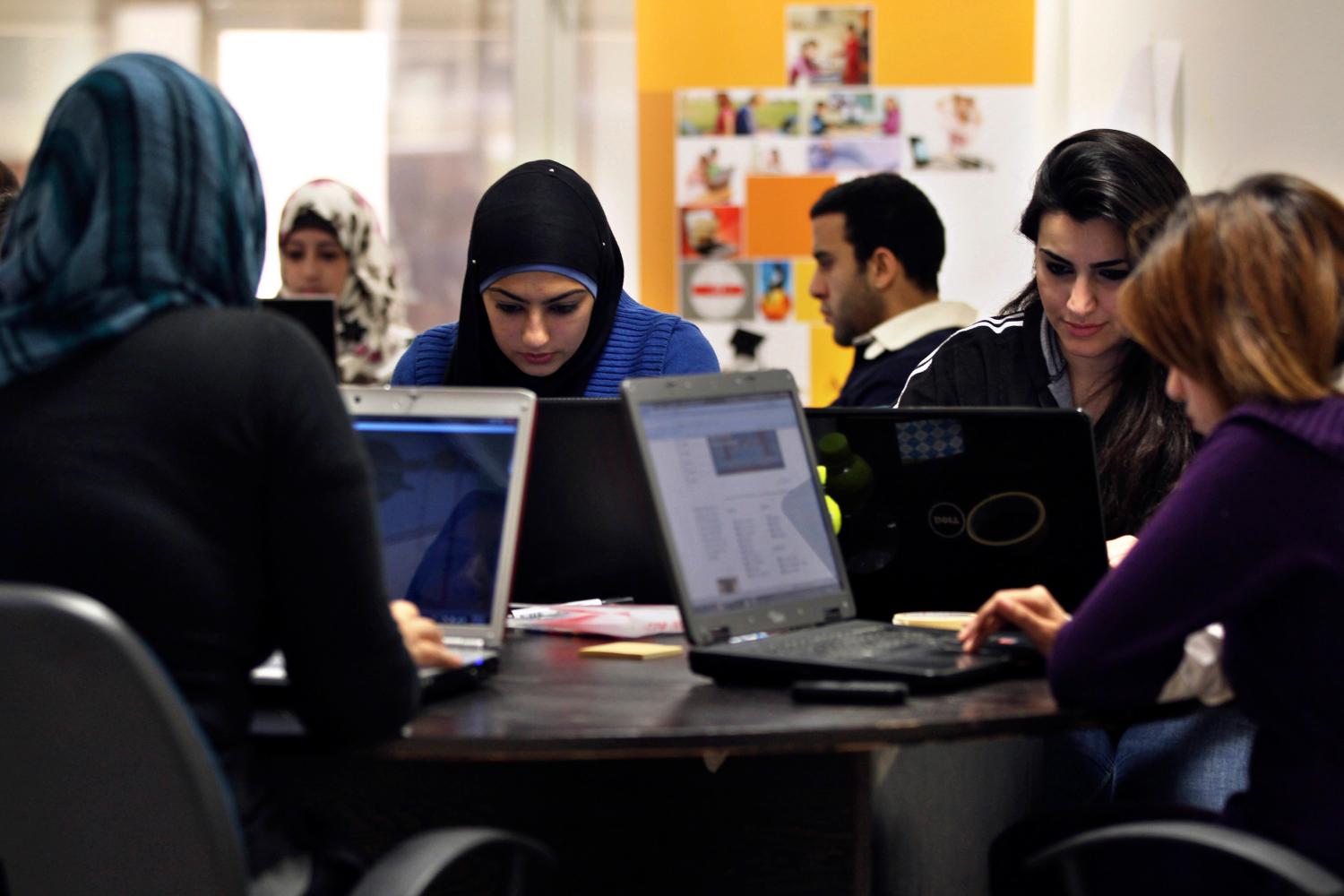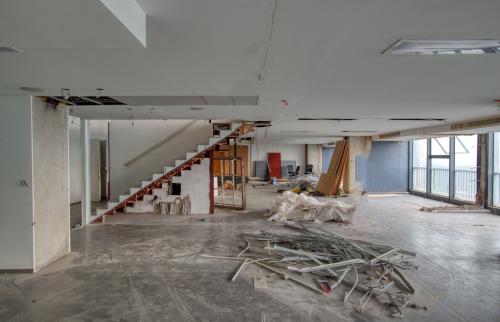Content from the Brookings Doha Center is now archived. In September 2021, after 14 years of impactful partnership, Brookings and the Brookings Doha Center announced that they were ending their affiliation. The Brookings Doha Center is now the Middle East Council on Global Affairs, a separate public policy institution based in Qatar.
During the 2011 popular uprisings in the Middle East and North Africa (MENA), economic grievances fueled much of the frustration and anger that protesters directed toward their respective governments. Since then, the region’s governments have enacted a variety of policies in an attempt to stimulate growth and development, but their economies still face an array of problems. Despite this, one resource remains underutilized: women.
Equality and the economy: Why the Arab world should employ more women
In a new Brookings Doha Center policy briefing, Bessma Momani contends that increasing the number of women in the labor force will generate economic growth for Arab countries. She explains that despite educational gains, the MENA region still has a massive gender gap when it comes to employment. Many Arab women struggle to find jobs or simply choose not to work because of the major challenges they face, including cultural norms, gendered education systems, and a lack of financial means.
Throughout the paper, Momani goes on to examine just how much Arab economies could benefit from more women joining their work forces. As a result of these observations, she urges Arab governments to adopt reforms and promote policies that will encourage women to work and remove barriers that currently prevent them from doing so.
The Brookings Institution is committed to quality, independence, and impact.
We are supported by a diverse array of funders. In line with our values and policies, each Brookings publication represents the sole views of its author(s).




